Tricked into conversion therapy in Russia for being trans
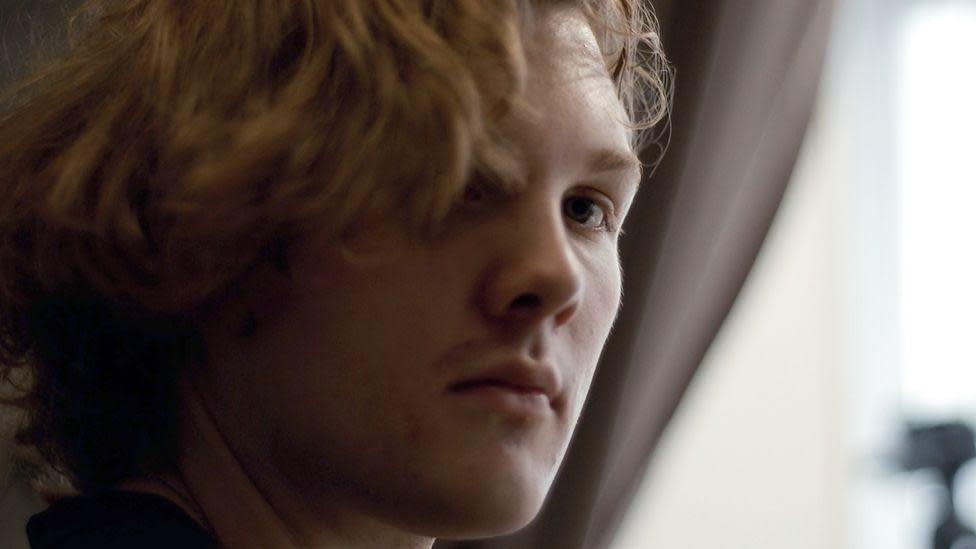
On a remote farm in Siberia, a man handed Ada a knife. In front of them was a pig.
“Cut it off,” he said. “If you want to go ahead with the operation, you need to understand what castration means.”
Ada was 23 and transgender - she had been tricked into going to a conversion therapy centre after coming out to her family.
She says that earlier in the summer of 2021, a relative asked her to accompany her to Novosibirsk, where she was due to undergo major heart surgery.
Ada says a man met them at the airport and after a long drive, the car suddenly stopped, Ada’s relative jumped out, the driver turned to Ada, demanded she hand over her smartwatch and phone, and told her bluntly: “Now we’re going to cure you of your perversion.”
“It was only when a parcel of warm clothes arrived two weeks later that I realised that I wasn't just there for a fortnight or a month,” she adds, saying she was forced to take testosterone, pray and do manual labour, such as chopping wood.
Confronted with the pig, she had a panic attack and didn’t do what she had been told.
Nine months later, she managed to escape. Someone had left a phone lying around which she used to call the police.
They sent officers to the centre, who said Ada had to be allowed to leave as she was being held against her will.
The BBC contacted the centre but the person we spoke to denied all knowledge of conversion therapy programmes. We also contacted Ada’s relative but have not had a response.
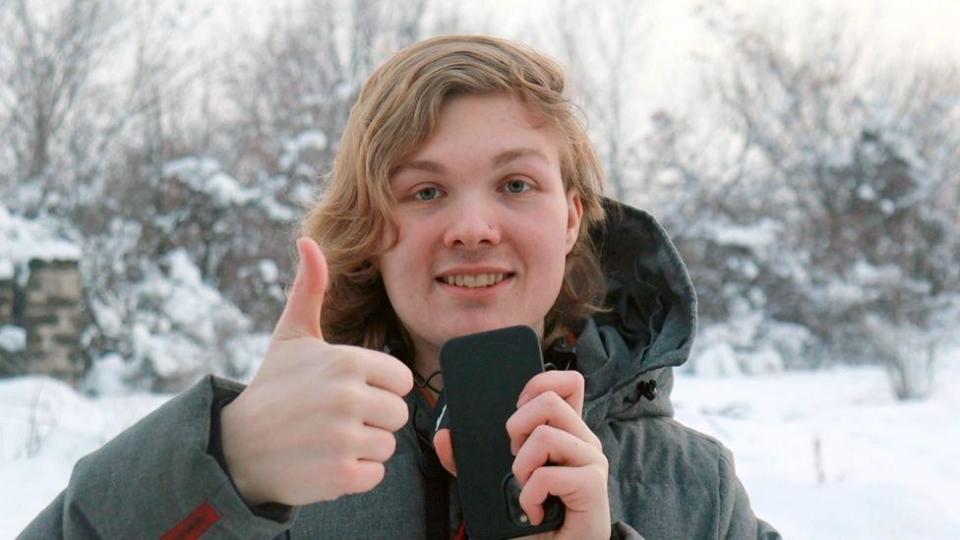
Ada’s time there was the lowest point in a battle she says she has been fighting all her life - first with her family, then with wider society, and now with Russia’s increasingly draconian LGBT laws.
Transgender people in Russia have had their human rights systematically eroded by the government’s broader political strategy of attacking vulnerable minorities, according to UN independent expert, Graeme Reid.
One year after Russia passed a law banning gender reassignment surgery, he says that transgender Russians had been deprived of their “most basic rights to a legal identity and access to healthcare”.
The new legislation also stopped people from changing their personal details on documents - Ada was one of the last people to get her name officially changed before the law came into effect in July 2023.
Since Russia’s full-scale invasion of Ukraine, President Vladimir Putin has lashed out at the West and LGBT rights, saying he is fighting for traditional Russian values. At a cultural forum in St Petersburg last year, he dismissed transgender people as “transformers or trans-something”.
And at the end of 2023, Russia’s justice ministry announced another new ruling, declaring the “international LGBT movement” an extremist organisation.
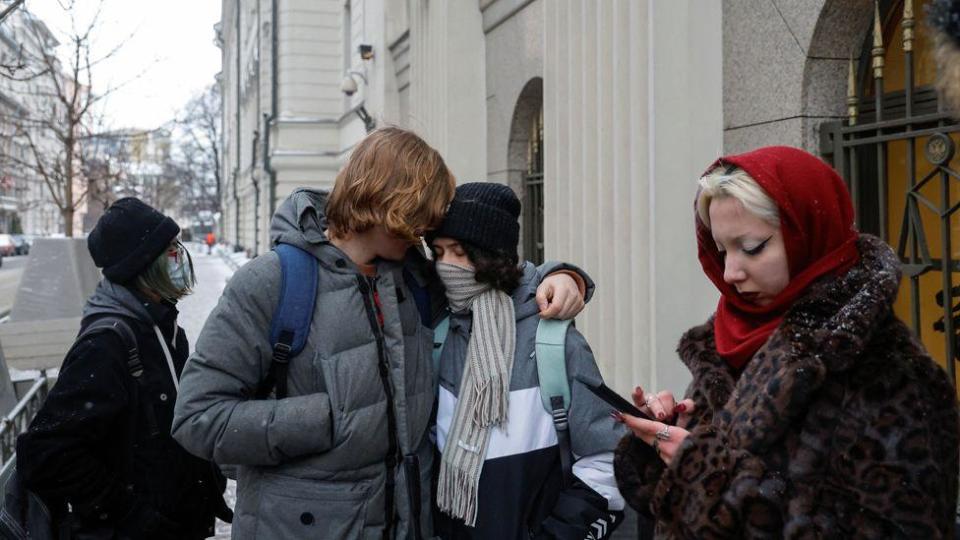
It didn’t matter that no such organisation existed. Anyone guilty of supporting what is now deemed “extremist activity” faces up to 12 years in jail. Even displaying a rainbow flag risks a fine, and a possible four-year prison sentence for repeat offences.
In one of the first prosecutions under the new law, two tearful and terrified-looking young people appeared in court in the city of Orenburg in March. Their crime was to run a bar frequented by the LBGT community. Their case is still ongoing.
After she escaped from the centre in Siberia, Ada moved into a small flat in Moscow where she offered other transgender people a safe place to stay. But the new laws were the final straw for her.
“I couldn’t stay any more… I had to leave Russia,” she says, talking from her new home in Europe.
For Francis, who left Russia in 2018, the new laws mean he will probably never go home. Even before they were introduced, the authorities in his hometown of Yekaterinburg had taken action against him.
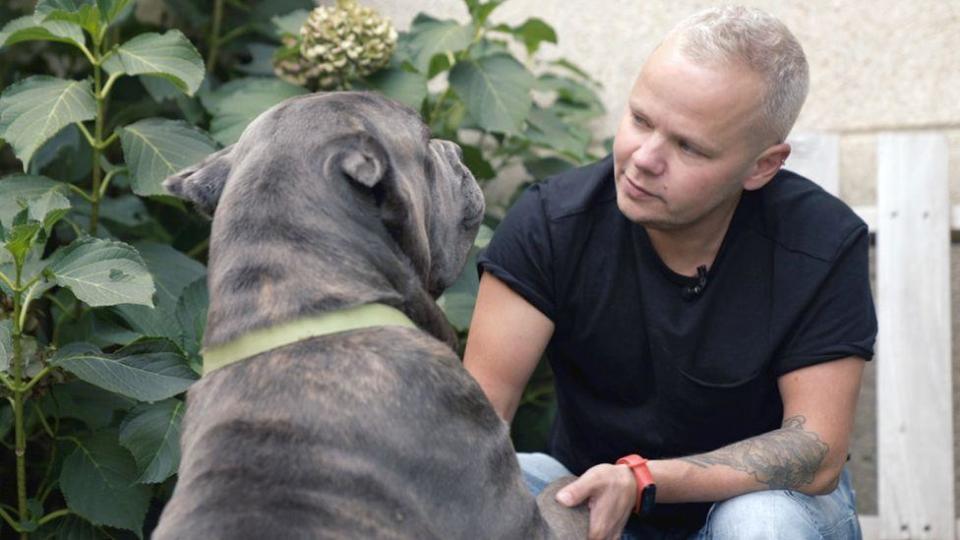
“For as long as I can remember, I have known that I wasn’t a girl,” he says. But by 2017, he was married to Jack, had given birth to three children, and adopted two more.
“I said to my husband, ‘Maybe I’m mistaken but I think I might be transgender.’”
They agreed that Francis would consult a doctor. “They said, ‘You are transgender, 100%.’ I felt so much better. Everything slotted into place... I understood - this is who I am.”
He began the process of transitioning, but before long the local authorities intervened. Their two adopted children were taken into care, and Francis was told their biological children would be next.
The family left Russia and has been living in Spain ever since.
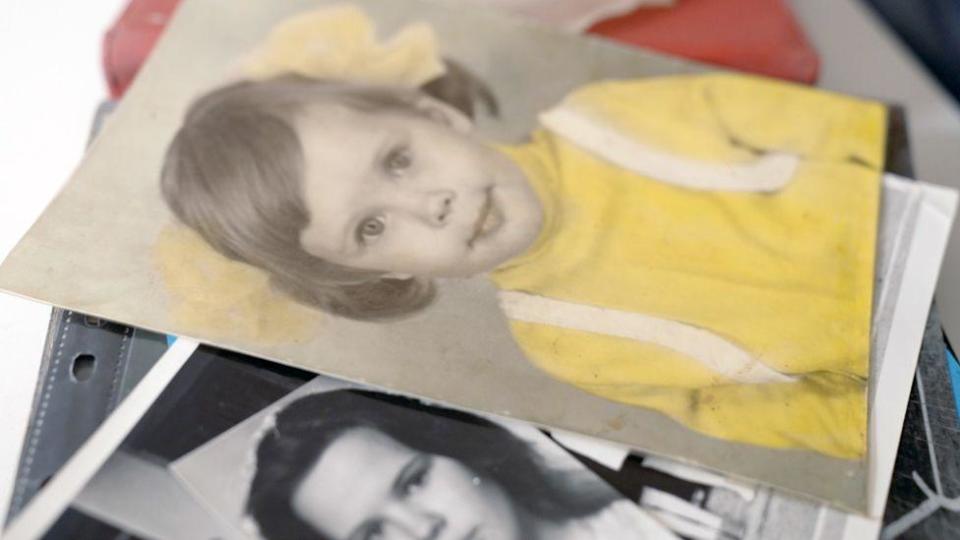
Ally, who is non-binary and uses the pronoun “they”, left Russia in 2022 after the full-scale invasion of Ukraine. It was a political decision, not connected to the pressures on the LGBT community, but those pressures have nonetheless taken their toll.
When Ally was 14, someone asked: “Are you a girl or a boy?”
“It gave me such a feeling of joy - I was so happy that she couldn’t tell from my outward appearance.”
Years later they told a friend: “'I don’t think I’m a girl, but I don’t think I’m a boy either.'
“She looked at me and said: ‘Oh, OK. Checks out.’ And then we carried on eating soup. It was one of the happiest moments of my life.”
Ally now lives in Georgia and last year decided to have a mastectomy. Close family members still don’t know.
“If I had just come to my parents and said, ‘Mum, Dad, I’m a lesbian,’ it would have been easier than me saying, ‘Mum, Dad, I’ve cut off my breasts and I want you to call me they.’”
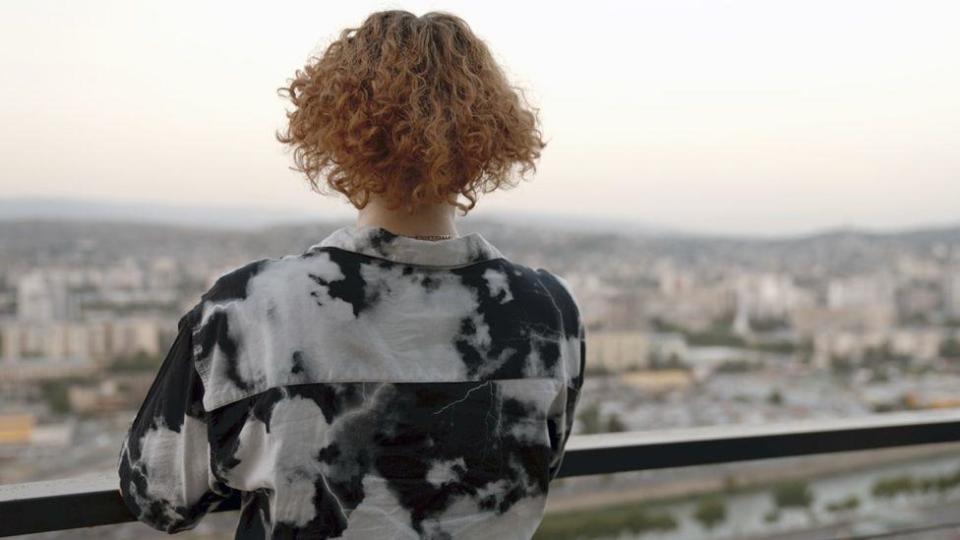
Although Ally had a medical diagnosis prior to the new Russian law banning gender reassignment, and had chosen a new gender-neutral name, it’s no longer possible to get passports and other key documents changed.
Francis has the same problem. His documents all include his former name, which causes confusion when he is asked for ID or has to fill in forms. But he says life in Spain is good. He’s found work in a textile factory which he loves.
Like Ally, Francis acknowledges that the climate of intolerance fostered by the new anti-LGBT laws has made relationships with family harder.
“My mother doesn’t speak to me any more,” he says. “She thinks I have disgraced our family, and she’s embarrassed to look the neighbours in the eye. It’s as if I was some freak, or a thief, or had murdered someone.”
And living abroad as a Russian while the war in Ukraine continues can add another layer of complexity, says Ally: “In Russia the authorities and the conservative parts of society don’t like us because we’re transgender. Abroad people don’t like us because we’re Russians.”
All the trans community really wants, says Ada, is for “people to be able to dress how they want and not be afraid of being beaten up… I just want people to stop having to think about how to survive”.

